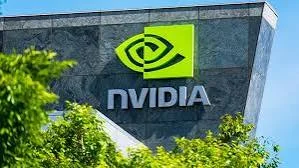In a moment roughly a quarter-century in the making, Jeff Bezos’s Blue Origin has finally done it. The company successfully launched its massive New Glenn rocket and landed the first-stage booster on a droneship in the Atlantic Ocean on November 13, 2025. This achievement makes Blue Origin only the second company in history to vertically land an orbital-class rocket booster, a club founded by SpaceX back in December 2015. The landing comes after a previous attempt during New Glenn’s inaugural flight in January 2025, where the booster was lost during descent.
The historic landing didn’t go unnoticed by the competition. Rival-in-chief Elon Musk offered a terse but clear “Congratulations” on X, the platform he happens to own. This is a far cry from prior years when Musk famously labeled Bezos a “copycat” for his space-faring ambitions. Both the nearly 100-meter-tall rocket and its landing platform, the Jacklyn, rely heavily on autonomous systems to perform the high-stakes aerial ballet of boosting a payload to orbit and returning the most expensive part for reuse.
Why is this important?
This is more than just a win for one billionaire’s space company; it’s a critical validation for the entire commercial space industry. Blue Origin’s success officially signals the end of SpaceX’s monopoly on reusable heavy-lift rockets, introducing genuine competition that will inevitably drive down costs and accelerate innovation. With New Glenn’s first stage designed for up to 25 reuses, the era of disposable orbital rockets is officially on its last legs. For customers like NASA and commercial satellite operators, this means more choice, better prices, and a more resilient pipeline to space. The billionaire space race, it seems, is finally a race.













